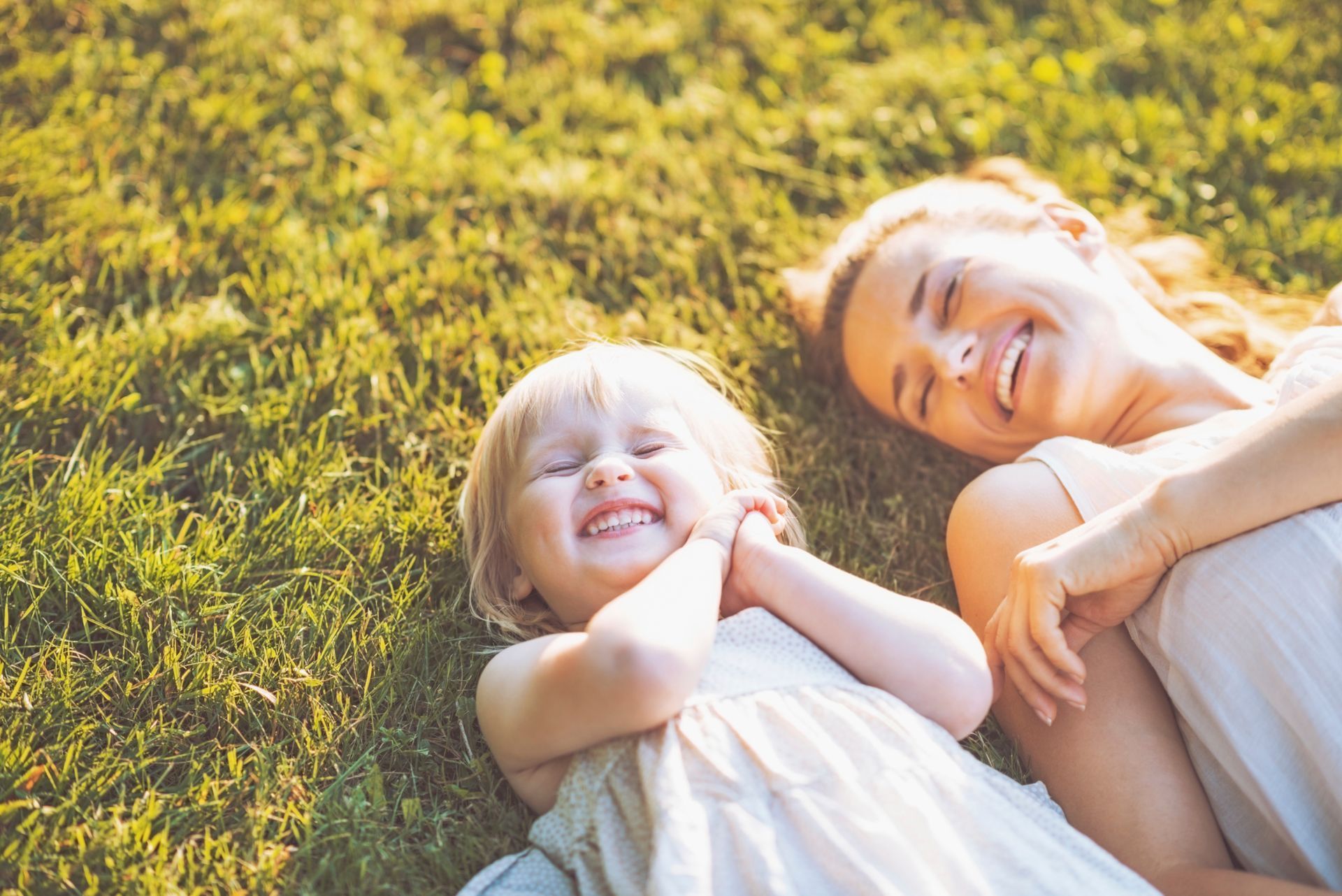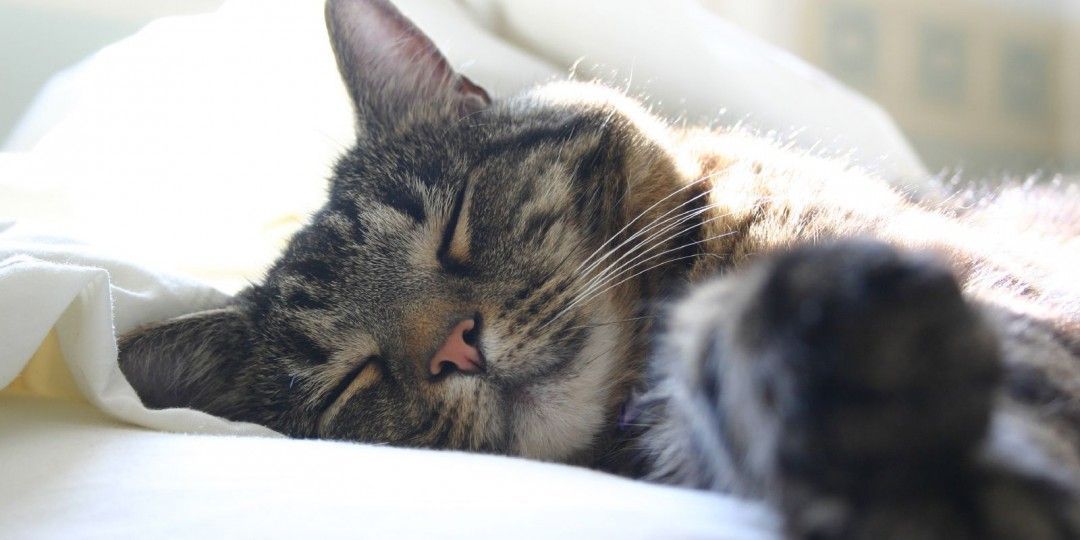Anxious About Being Anxious?
The "Circle of Anxiety"; We grow uncomfortable with our worry feelings and label them as weird or unnatural, as though they are feelings that others should not be having in the same situation.

Anxiety is normal. We're all aware of it. Anxiety, in fact, can assist us in learning to avoid risky situations. Anxiety has the ability to protect us. However, we can occasionally be terrified of the feelings that anxiousness produces. Those same signs that can help us save our lives can also make us nervous and afraid. The potential to acquire anxiety of anxiety is a fundamental feature of anxiety. To put it another way, we become apprehensive when we experience feelings that we associate with worry or fear, regardless of the cause. Not only are we attempting to escape the circumstance that triggered these thoughts in the first place, but we are also attempting to avoid the feeling of worry. This is what’s at the root of an anxiety or panic attack – the anxiety of anxiety.
What is a panic attack, exactly? A panic attack is defined as an acute fear that causes a spike of adrenaline in our body. The adrenal gland produces adrenaline, which is a hormone. It's totally normal to get an adrenaline rush; it's natural, and most importantly, it's completely safe. We may experience an adrenaline rush in a variety of scenarios, including when we are afraid, worried, or doing something physically hard or thrilling.
A burst of adrenaline might be advantageous. It is truly beneficial to us. How? It causes the blood vessels and airways to expand, allowing more oxygen to reach the brain, respiratory system, and muscles. This makes us feel stronger and more capable of dealing with stressful events. Have you ever heard of the fight-or-flight reaction? The adrenaline rush aids us in deciding whether to stay and fight or run in a risky situation. It also provides us a boost, so if you fight on, you could find you have more strength than you thought possible. If you flee, you may discover that you can run faster than you've ever run before.
Let’s get back to the idea of anxiety about anxiety. Consider the following example.
Standing at a curb, a young woman takes a step out into the street. Suddenly, a car flies past, and the driver beeps his horn repeatedly and loudly. She hops back up on the curb, terrified, and waits for the danger to pass. She is calm again when the adrenaline rush has faded (remember, there will be an adrenaline rush along with the fear), and she confidently steps out into the street and crosses it. The woman is unconcerned about her nervousness in response to the beeping of the horn since she believes it is acceptable and natural to react with anxiety in such a situation.
A couple of days later, this same woman is seated in a movie theatre when a message appears on the screen advising everyone to turn off their phones, sit quietly, and pay attention to the location of the emergency exits. She considers which exit she would use in the event of an emergency while viewing the message. She felt a flutter in her gut as she thought about it. The woman was startled by this sensation since she assumed the message had not alarmed anyone else, and she was worried that the butterflies in her stomach would turn into an anxiety attack. "What happens if I start to panic?" she thought, becoming a little more concerned. The woman began to believe there was something wrong with her because she was experiencing these worried feelings while everyone else appeared to be fine. Anxiety levels rose even higher as a result of this. The more anxious the woman became about her worry, the more intense it became. The more intense these feelings became, the more worried she became. The woman's concern of anxiousness drove her to grow increasingly agitated.
The above depicts what’s known as the "Circle of Anxiety." We grow uncomfortable with our worry feelings and label them as weird or unnatural, as though they are feelings that others should not be having in the same situation. So, unlike the first scenario, where the woman was crossing the street and felt justified in her fear, in the second scenario, she did not believe the situation deserved any anxiety, leading to her being even more apprehensive. And because she didn't believe any of her anxiety symptoms were normal, she became increasingly nervous.
It's how we interpret our nervous feelings that can make us feel more apprehensive. If we believe these sensations are justified, we are more inclined to dismiss them and allow them to fade away on their own. If we don't believe we should be having these feelings, however, they may intensify and feel like they're taking over.
Keep in mind that anxiety is a completely normal and natural emotion. We all experience anxiety for various reasons. We have a strong probability of exacerbating the anxiety we're trying to alleviate if we fear those anxious feelings and convince ourselves they're unfounded.






